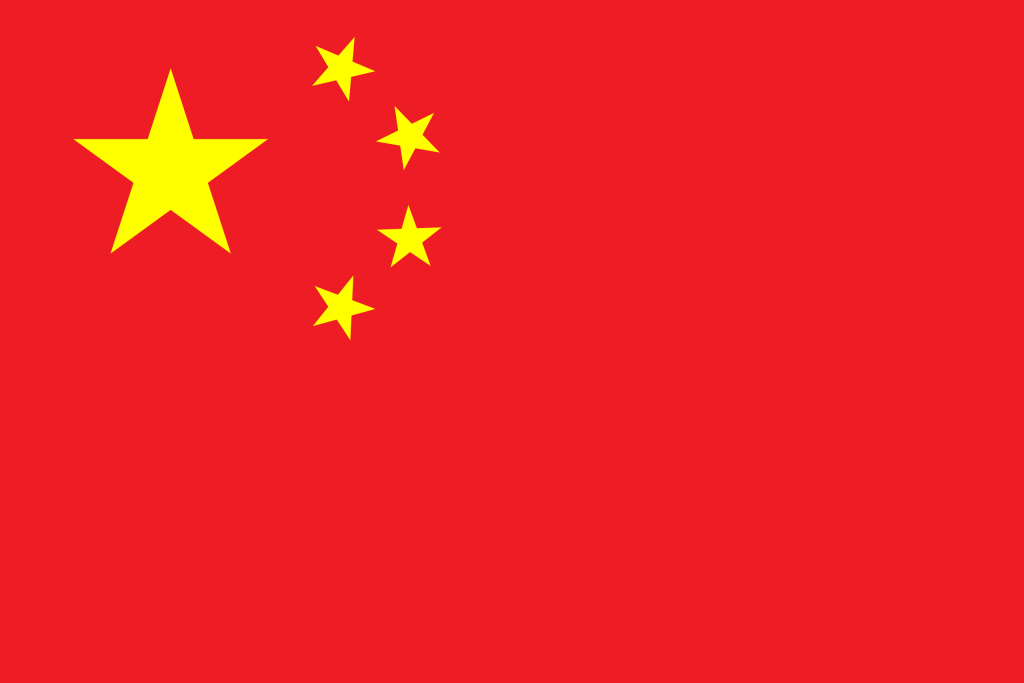Published: April 21,2024

China has reiterated the importance of viewing industrial production capacity objectively and dialectically from a market-oriented and global perspective on several occasions. This response comes as a rebuttal to the allegation that the country now faces “overcapacity.”
From a market viewpoint, the quantity of production capacity is determined by the relationship between supply and demand, and having production moderately greater than demand is conducive to full market competition and promoting the survival of the fittest in the market, said Chinese Premier Li Qiang during his talks with Federal Chancellor of Germany Olaf Scholzin Beijing earlier this week. Li added that from a global perspective, the production capacity of different countries is determined by their comparative advantages. As long as countries strengthen cooperation, they can achieve common development.
China’s new energy vehicle (NEV) sector, which has been a focal point of some Western countries’ “overcapacity” narrative, has seen rapid development in recent years. Official data showed that China’s NEV output rose 35.8 percent to nearly 9.59 million units and NEV sales gained 37.9 percent to around 9.5 million units last year. NEV exports surged 77.6 percent to over 1.2 million units in the same period. During the first quarter of this year, the output, sales and exports of NEVs continued to log double-digit growth.
The sector’s competitive advantage is rooted in China’s super-large market, a complete industrial system and abundant human resources. It is inseparable from the huge investment in R&D and innovation, as well as the unremitting spirit of entrepreneurs, Chinese vice minister of finance Liao Min said in a press briefing on U.S. Treasury Secretary Janet Yellen’s recent trip to China. “Enterprises reduced production costs through technological innovation and improved the affordability of new energy products,” he said, adding that this means that China, apart from meeting its own carbon emission goals, has also made positive contributions to the global response to climate change and green development. “And this must be objectively evaluated,” he said.
The global demand for NEVs is rising rapidly, and the current production capacity is far from sufficient to meet this demand. The growth potential is clearly evident when comparing the estimated global electric vehicle fleet of nearly 250 million units in 2030, predicted by the International Energy Agency, and an estimate of around 15 million units in global NEV sales in 2023. China has cautioned against using the “overcapacity” narrative to justify protectionism and has called for “pragmatic” and “rational” policy decisions.
Foreign ministry spokesperson Lin Jian said Wednesday at a regular press briefing that those who spread that narrative to justify protectionism have nothing to gain from it, but will only destabilize and disrupt industrial and supply chains, hinder global green transition, and curb the growth of emerging sectors. “China has been and will always be open to industrial cooperation. We hope relevant countries will keep an open mind, embrace fair competition, contribute to a world-class, market-oriented and law-based environment for trade and economic cooperation, and work with China for mutual benefits and inclusive economic globalization that benefits all,” Lin said.
Xinhua
 Africa -China Review Africa -China Cooperation and Transformation
Africa -China Review Africa -China Cooperation and Transformation
